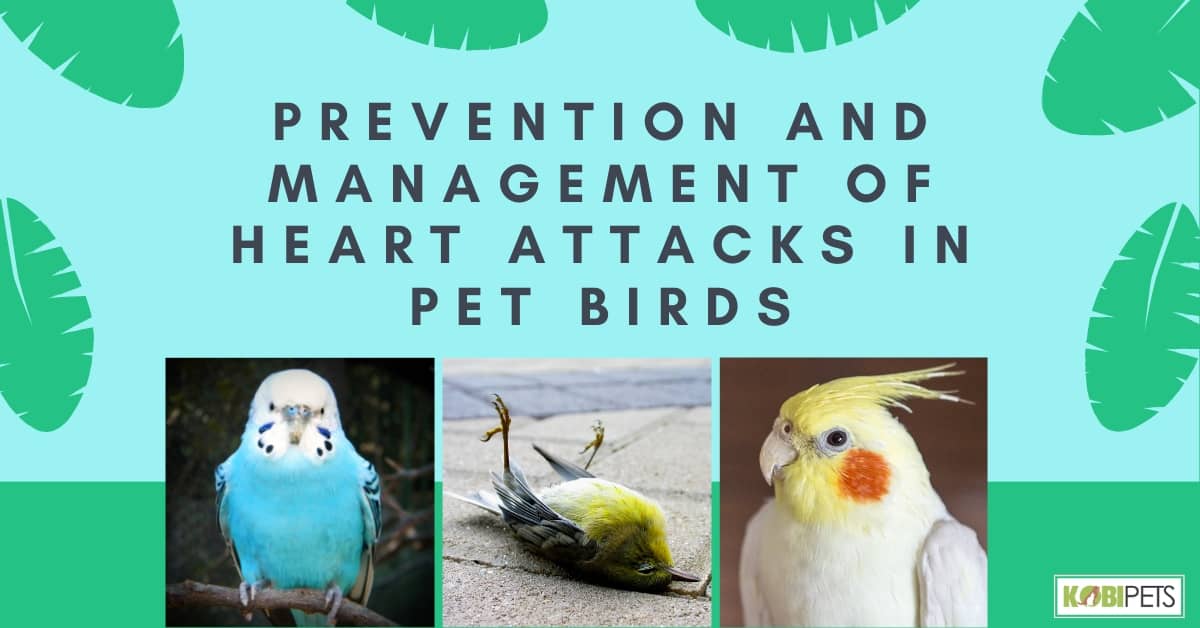
Do you know the signs of heart disease in birds? From increased respiratory rate to weight loss, exercise intolerance, and difficulty breathing during activity, there are a few tell-tale symptoms of this serious condition. Additionally, genetic predisposition, poor nutrition, and stress can all contribute to an increased risk of heart disease in birds.
Taking preventive steps such as providing a balanced diet, limiting stress, and scheduling regular vet check-ups can help ensure your bird’s long-term health. Learn more about protecting your feathered friend from heart disease in our latest blog post!
Importance of Understanding Heart Disease in Birds
Understanding heart disease in birds is an important part of providing proper care for these creatures. Heart disease can have wide-ranging and serious impacts on animal health.
Avian cardio pathology, which covers both congenital (inherited) and acquired cardiac diseases, is divided into two categories depending on the organs affected: myocardiopathy, which affects the heart itself, and pericardiopathies, which affect the pericardium or heart sac.
Each of these conditions has a wide range of causes, many of which are unknown or difficult to determine. Therefore, it is essential to be able to quickly identify signs and symptoms that may indicate a potential issue in order to ensure treatments are provided as soon as possible.
Understanding the treatment options available for different avian heart diseases will help optimize outcome success -for any feathery friend we may encounter.
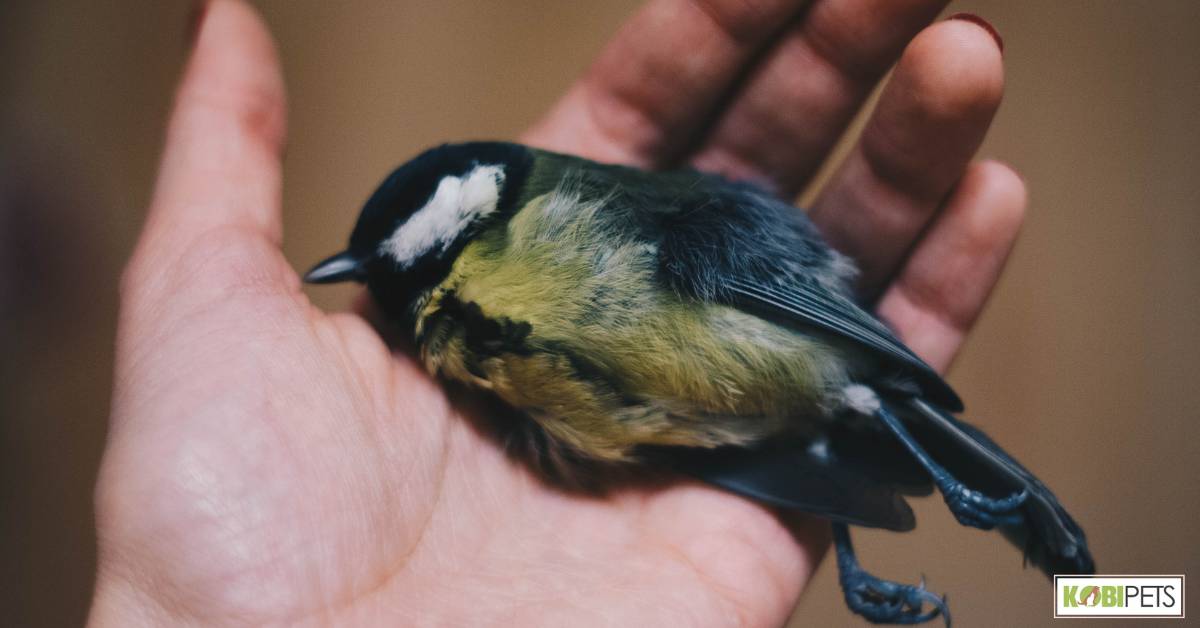
Different Types of Heart Disease in Birds
Heart disease in birds is a serious and often fatal condition that can affect many species of birds. The effects, as well as the underlying causes, may vary from bird to bird. Fortunately, through proper diagnosis and treatment, it is possible for pet birds to live longer and healthier lives despite these troublesome diseases.
- Congenital Cardiovascular Diseases: These are disorders that are present at birth and can be caused by inherited genetic mutations or environmental factors such as poor nutrition and exposure to toxins.
- Myocardiopathy: This is a condition of the heart muscle, which can be caused by infection, nutritional deficiencies, or other environmental factors.
- Pericardial Diseases: These involve the pericardium, which is a sac that surrounds the heart, and can be caused by infection or inflammation.
- Valvular Disease: This condition affects one or more of the four valves in the heart, leading to problems with blood flow through the heart.
- Arrhythmias: This is an abnormality in the rhythm of the heartbeat, which can be caused by genetic or environmental factors.
- Dilatation Cardiomyopathy: This is a condition where the walls of the heart become enlarged, leading to reduced efficiency and output of the organ.
- Cardiomyopathies: These are diseases of the heart muscle, which can be caused by infection, nutritional deficiencies, or other environmental factors.

Common Symptoms of Heart Disease in Birds
Heart disease is a common condition in birds that can be difficult to diagnose without veterinary assistance. It is important to notice these symptoms and seek out professional advice as soon as possible if you think your bird may be suffering from heart disease.
- Weight Loss: Weight loss is usually the first symptom of heart disease in birds and can be a sign that something is wrong.
- Weakness & Tiring Easily: Birds suffering from heart disease may become weak and tire easily after minimal exertion, which can indicate an underlying issue with their cardiovascular system.
- Exercise Intolerance: Birds with heart disease may experience difficulty breathing or become tired quickly when exercising, which can be a sign of an underlying problem.
- Loss of Appetite: A decreased appetite is often seen in birds suffering from heart disease and can indicate that there is something wrong with their health.
- Abnormal Breathing: Birds with heart disease may experience irregular breathing or rapid, labored breathing.
- Fluid Buildup: Fluid buildup around the bird’s eyes and beak is a common symptom of heart disease and can indicate that the organ is not functioning properly.
- Dyspnea: Difficulty breathing can be a sign of heart disease, and birds may show signs of dyspnea by panting or struggling to breathe.
- Abnormal Posture: Birds with heart disease may appear hunched over or have difficulty perching due to weakness or fatigue.
- Lethargy & Depression: A bird suffering from heart disease may appear lethargic and depressed, which is a sign that something is wrong with its health.
- Cyanosis: Blue discoloration of the skin or mucous membranes can be a symptom of severe heart disease and requires immediate medical attention.
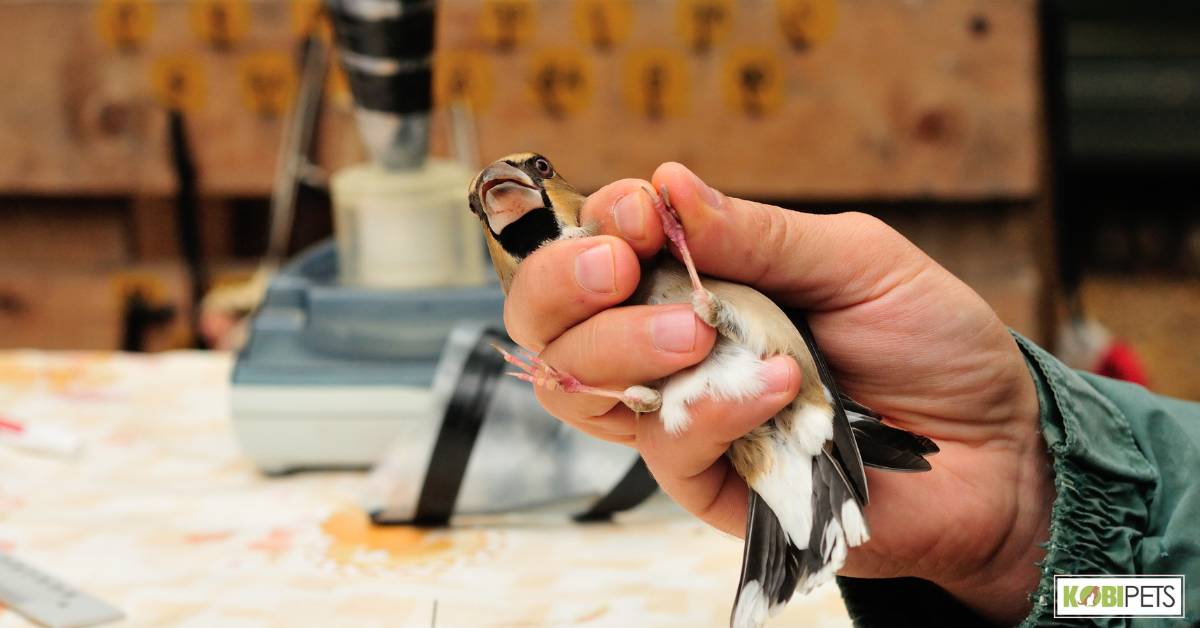
When to Seek Veterinary Care for a Bird With Heart Disease
Seeking veterinary care quickly is important if your bird shows signs of heart disease. Many birds with heart problems can be treated and go on to live long, healthy life. However, the proper diagnosis and subsequent treatment plan must start as soon as possible.
Signs that your bird may have a heart problem include increased respiratory rate, noticeable weight loss, exercise intolerance or difficulty breathing during moderate activity, and swollen parts of the body.
If you observe any of these signs in your bird, it’s best to contact a vet right away to determine its overall health. In many cases, there are treatments available that can significantly improve the situation and provide both comfort and quality of life for your bird.
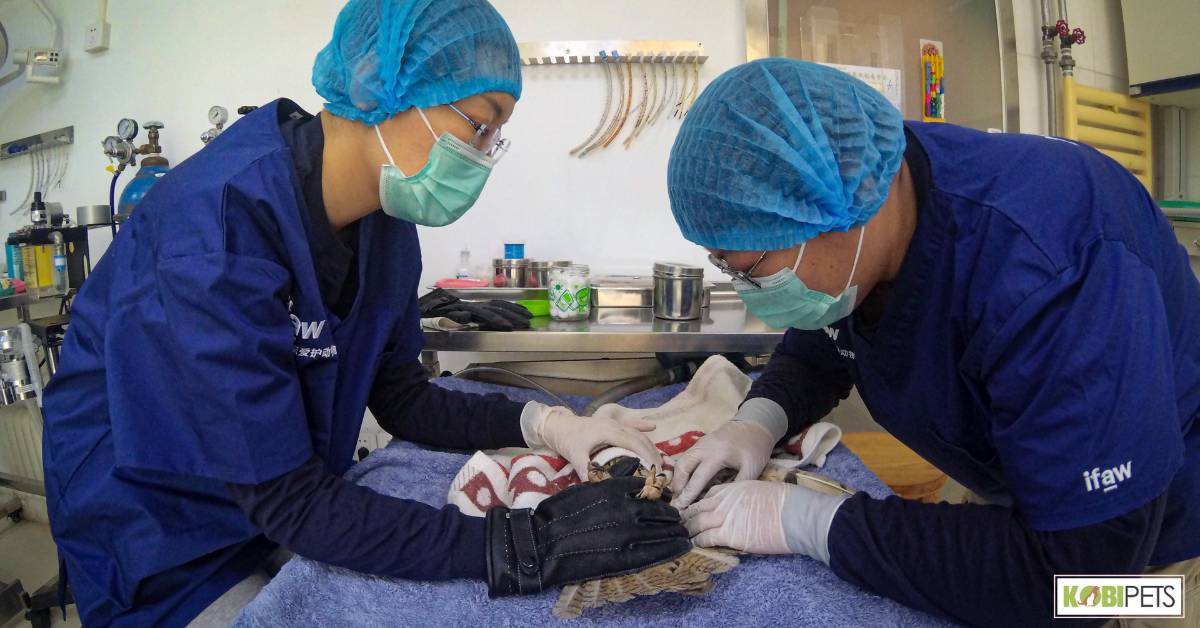
Causes of Heart Disease in Birds
Genetic predisposition
The risk of birds developing heart disease can be dramatically increased when certain species are exposed to genetic predispositions for the condition. Unfortunately, many bird owners don’t understand the potential risk posed by this type of medical issue, making it incredibly difficult to identify until a problem has already taken hold.
By recognizing the signs and being aware of any specific effects that could lead to disease in their pet, owners can take proactive steps to help protect their feathered friends from suffering poor health outcomes due to genetic predisposition.
Poor diet and nutrition
Poor diet and nutrition are one of the leading causes of heart disease in birds. Deficiencies in certain essential vitamins, minerals, and amino acids can lead to baldness, lack of feather development, and other signs that can eventually cause cardiomyopathy, the most common form of heart disease seen in birds.
An improper diet may also contribute to the development of secondary infections which can weaken the body and further compromise overall heart health. For this reason, it is crucial for pet birds to maintain a balanced diet to support their overall cardiac health. Caretakers should focus on providing a variety of high-quality bird foods which are designed to meet avian’s nutritional needs while avoiding processed snacks high in fat and sugar.
Management of a healthy weight is important too as research has indicated that overweight birds, like humans, are more likely to suffer from cardiovascular problems due to excessive fat deposits within the walls of their blood vessels. Thoughtful diet planning is key for bird owners who want their feathered friends to stay happy and healthy for many years to come.
Stress and environmental factors
Stress is a powerful factor in the development of heart disease in birds, with research suggesting that chronic stress hormones can cause changes to the heart muscles and tissue. Environmental factors, such as poor nutrition, overcrowding, or noise pollution, may also contribute to cardiac health issues in birds.
Maintenance of healthy diets and habitats is key to ensuring healthy hearts in our avian friends. In addition, providing an environment that allows the bird to demonstrate its natural behaviors is critical for good overall health. Additionally, limiting noise and other disturbances that can push levels of cortisol and other stress hormones too high is essential for preserving long-term cardiac health.
Infections and illnesses
Research into the causes of heart disease in birds has revealed that infections and illnesses contribute significantly to the development of this condition. Several types of bacteria, viruses, mites, and other parasites have been linked to cardiovascular illness in avian species, as have fungal diseases.
In addition to direct impacts on the heart itself, infectious agents can lead to elevated levels of inflammatory proteins that restrain the organ’s ability to effectively circulate blood. It is imperative that bird owners take vigilant steps toward preventing viruses and other pathogens from entering their pet’s environment and developing into an insidious threat to its health.
Taking preventive actions – such as scheduling regular veterinary exams or ensuring proper nutrition – may help mitigate risks of contracting serious infectious agents and in turn reduce instances of avian heart disease.
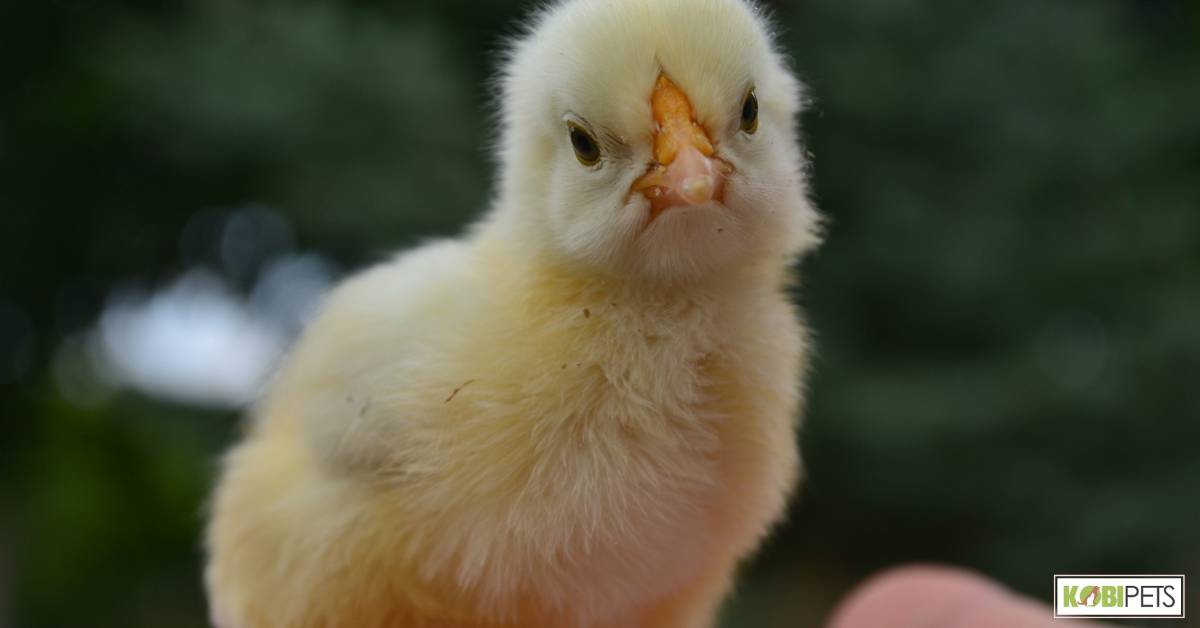
Diagnosis and Treatment of Heart Disease in Birds
Diagnosis and treatment of heart disease in birds can be complex, as the exact underlying cause is difficult to determine. Fortunately, many specific tests exist to help with diagnosis, including echocardiography, electrocardiography, radiography, and blood tests.
Treatment options will vary depending on the type of condition present and may involve something as simple as diet modification or something more complicated like medication or surgery. In most cases, however, lifestyle changes such as improved husbandry or an adjusted diet will have a significant positive impact on the bird’s heart health and overall well-being.
It is essential that owners take note if their feathered friend shows any signs of unusual behavior or health issues and seek veterinary assistance when necessary so that successful diagnosis and treatment can be achieved.
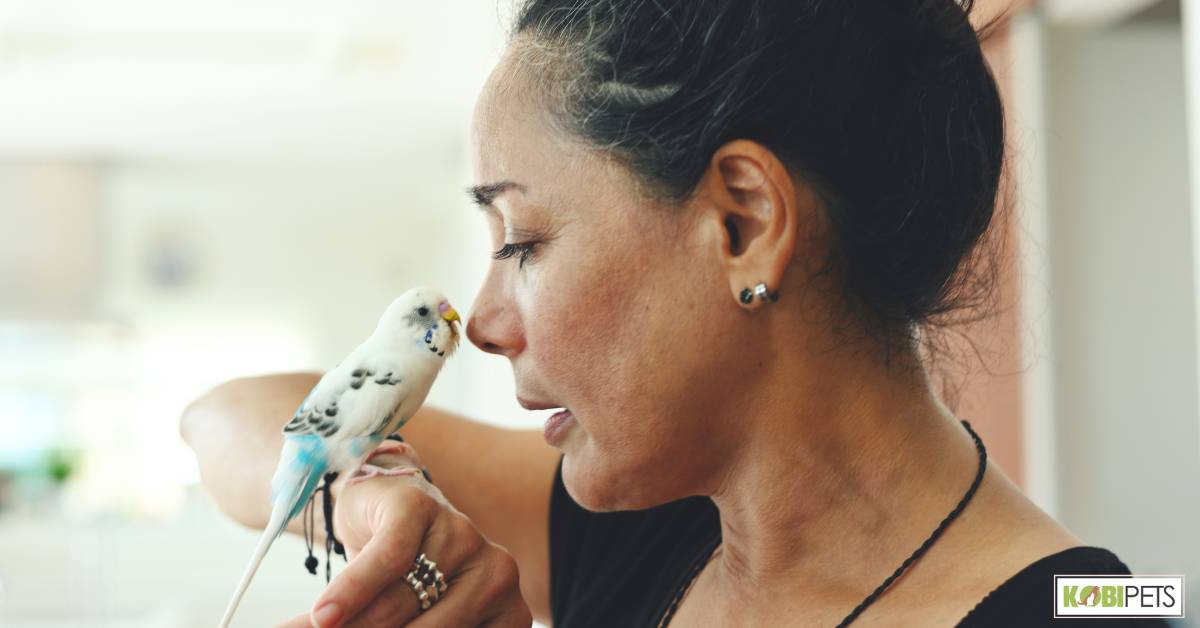
Prevention of Heart Disease in Birds
Maintaining a healthy diet and environment
When it comes to maintaining a healthy diet and environment to prevent heart disease in birds, it is important to understand the needs of each species. Generally, diets high in fiber, low in fat, and moderate in protein are well-balanced for most bird species.
Additionally, owners should provide daily variety in the form of fresh food including fruits and vegetables, as well as limited amounts of seed mixes or softened egg food providing necessary vitamins and minerals. Furthermore, a clean living environment with appropriate temperature and ventilation is essential to maintain optimal bird health.
Regular cleaning of cages and aviaries from any possible toxins or bacteria can help birds to stay away from diseases like air vasculitis which often leads to serious heart problems. Taking action and implementing regular health check-ups along with proper nutritional guidelines for bird owners can go a long way towards preventing issues associated with heart disease.
Reducing stress in birds
Heart disease is a serious health concern for birds, and taking steps to reduce stress can be an effective way to prevent it. One of the most important actions bird owners can take is to provide their pets with an enriched cage environment where they can feel safe and secure.
This should include lots of toys and treats, as well as places where your bird can hide or climb. Additionally, providing sufficient opportunities for exercise throughout the day can keep your feathered friend active and healthy while helping to reduce stress.
Finally, providing plenty of human interaction and socialization also helps birds feel more secure in their home environment, decreasing their overall levels of stress. Taking these simple measures will help safeguard a bird’s health over the long term.
Regular veterinary check-ups
Protecting birds from heart disease should be a priority for owners, as it is one of the most common health problems for them. Veterinary check-ups are an important tool to ensure the prevention and early detection of the disease.
During these exams, the vet will assess your bird’s weight, heart rate, and other vital signs in order to spot any possible warning signs that can lead to heart failure. Additionally, nutrition and environment also play a key role in preventing heart disease in birds.
Fans and humidifiers can help moisten their respiratory system while adequate exercises are also essential to maintain their cardiovascular health. Taking these preventive measures can improve both the quality and length of your bird’s life, making check-ups at the vet an essential part of maintaining their physical well-being.
Early detection and treatment of infections and illnesses
Early detection and treatment of infections and illnesses are critical for preventing heart disease in birds. Even a small infection can become serious if it goes undetected, as it can spread throughout the bird’s body and cause cardiovascular damage.
Identifying signs of illness early is key to ensuring successful treatment. Common symptoms of infection or illness in birds include changes in eating habits, lethargy, decreased appetite, ruffled feathers, difficulty breathing, sneezing or coughing, and discolored droppings.
If one of these symptoms is observed in a bird, then the pet owner should take it to the vet immediately for diagnosis and treatment. Catching an illness or infection early and treating it swiftly is vital for helping keep birds healthy and free of cardiovascular disease.
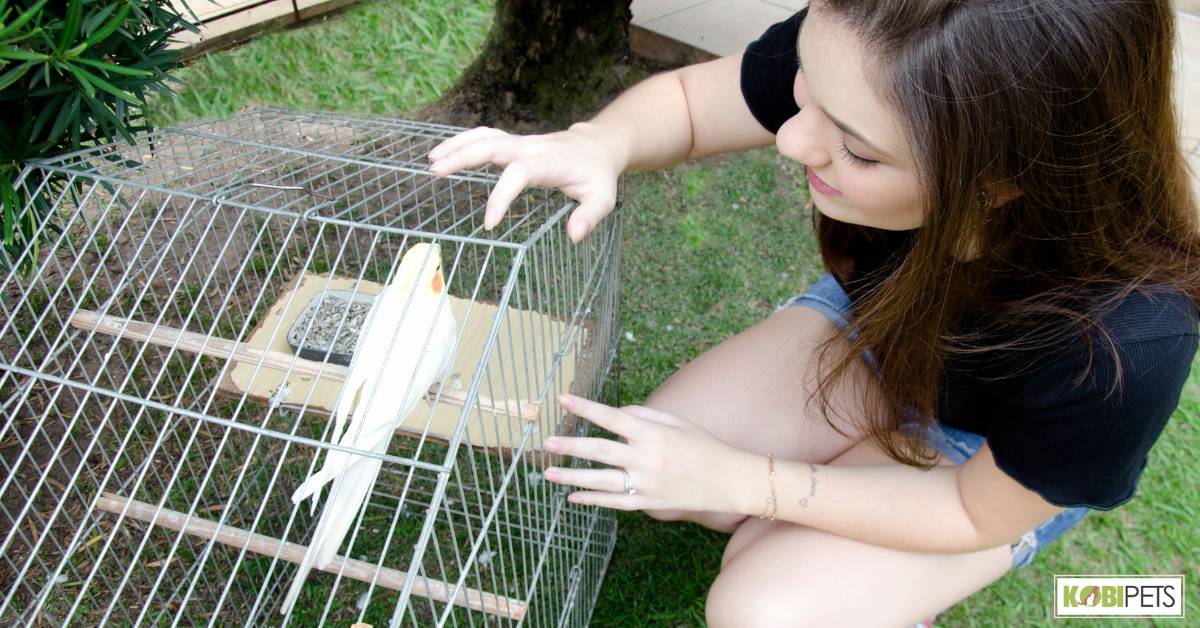
In Conclusion
Heart disease in birds is a serious health concern and can be difficult to detect. Fortunately, there are ways for bird owners to help prevent it: maintain a healthy diet and environment; reduce stress levels; and schedule regular veterinary check-ups.
Additionally, early detection and treatment of infections or illnesses are essential for ensuring the best chance of successful treatment and prevention of heart disease. By following these preventive steps, bird owners can give their feathered friends the best chance at a long, healthy life.






